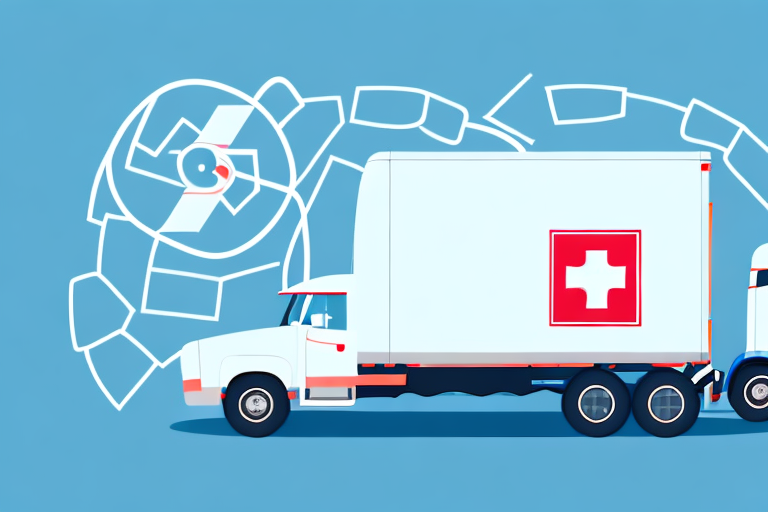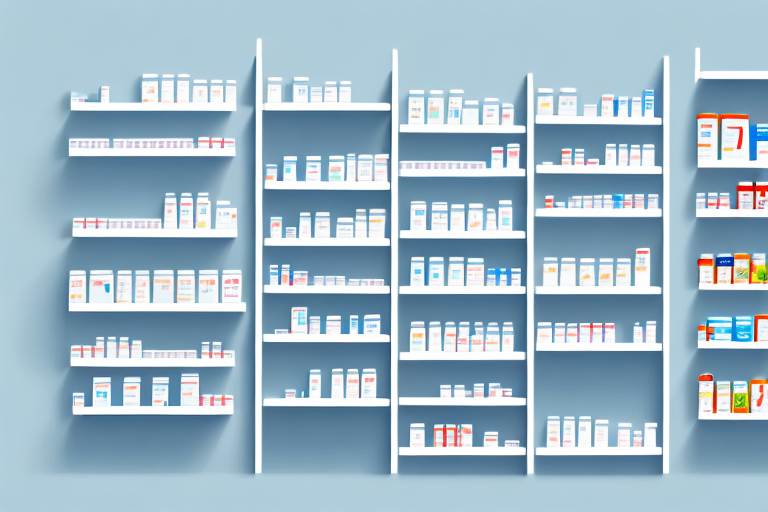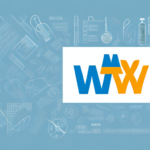Understanding the Medical Supply Delivery Industry
The medical supply delivery industry plays a pivotal role in the healthcare ecosystem, ensuring that hospitals, clinics, and pharmacies receive essential products in a timely and efficient manner. According to a Grand View Research report, the global medical supply market was valued at approximately $350 billion in 2022 and is expected to grow at a CAGR of 5.6% from 2023 to 2030.
Current Trends and Statistics
The demand for medical supplies has surged due to factors such as an aging population, the rise of chronic diseases, and the ongoing impacts of the COVID-19 pandemic. Additionally, advancements in technology have streamlined supply chain operations, enabling faster and more accurate deliveries.
Regulatory Compliance
Compliance with regulations is non-negotiable in the medical supply delivery sector. Adhering to standards set by organizations like the U.S. Food and Drug Administration (FDA) and the Centers for Disease Control and Prevention (CDC) is crucial to ensure the safety and efficacy of medical products.
Identifying Clients and Markets
Conducting Market Research
Effective market research involves analyzing industry trends, understanding regulatory changes, and assessing competitor strategies. Utilizing data from sources such as IBISWorld can provide valuable insights into market dynamics and potential opportunities.
Building Relationships with Healthcare Providers
Establishing strong connections with healthcare providers is essential. Attending industry conferences, participating in networking events, and engaging in professional associations can facilitate meaningful relationships that lead to contract opportunities.
Crafting and Negotiating Contracts
Creating a Winning Proposal
A compelling business proposal should clearly articulate your value proposition, highlight your expertise, and demonstrate how your services meet the client's specific needs. Including case studies and testimonials can bolster credibility.
Negotiation Strategies
Successful negotiations require a deep understanding of the client's priorities and flexibility in pricing and terms. Employing strategies such as win-win negotiations can lead to mutually beneficial agreements.
Operational Preparation
Team and Resources
Having a skilled and dedicated team is fundamental. This includes logisticians, compliance officers, and customer service representatives who are trained to handle the unique demands of medical supply delivery.
Technology Integration
Leveraging technology can enhance efficiency and accuracy. Implementing real-time tracking systems and using automated inventory management solutions can significantly improve operational performance.
Overcoming Challenges
Ensuring Timely Deliveries
Delays in delivery can have critical consequences. Investing in robust logistics infrastructure and contingency planning can mitigate risks associated with transportation disruptions.
Maintaining Quality Control
Strict quality control measures are essential to maintain the integrity of medical supplies. Regular inspections, standardized procedures, and compliance checks help uphold high-quality standards.
Building Client Relationships
Exceptional Customer Service
Providing responsive and personalized customer service fosters trust and loyalty. Implementing feedback mechanisms can help address client concerns promptly and effectively.
Staying Current with Industry Trends
Keeping abreast of the latest advancements and adapting to industry changes ensures that your services remain relevant and competitive. Subscribing to industry publications and participating in ongoing training can facilitate this.
Measuring Success and Marketing
Key Performance Metrics
Tracking metrics such as on-time delivery rates and customer satisfaction scores provides insights into operational effectiveness and areas for improvement.
Effective Marketing Strategies
Implementing a multifaceted marketing approach that includes digital marketing, content marketing, and networking can enhance visibility and attract new clients. Utilizing platforms like LinkedIn for professional networking can be particularly effective.
Future Trends and Competitive Strategies
Emerging Technologies
Innovations such as blockchain for supply chain transparency and the use of Internet of Things (IoT) devices for real-time monitoring are transforming the industry.
Standing Out in the Market
To differentiate from competitors, businesses should focus on innovative solutions, competitive pricing, and exceptional customer service. Developing a unique value proposition and consistently delivering on promises can significantly enhance market positioning.
Conclusion
Securing medical supplies delivery contracts requires a strategic approach that encompasses understanding the industry, identifying and building relationships with clients, crafting compelling proposals, and maintaining operational excellence. By adopting best practices and staying informed about industry trends, businesses can position themselves for sustained success in the competitive medical supply delivery market.



















